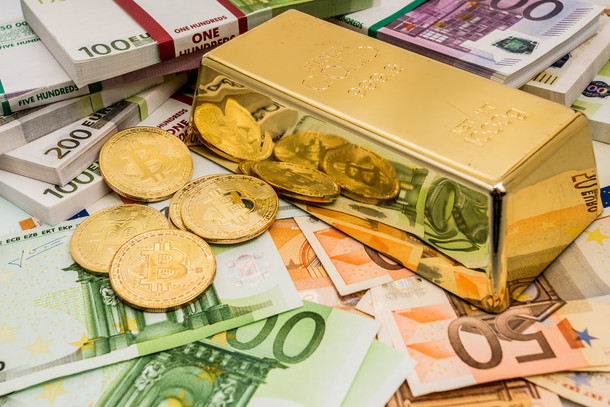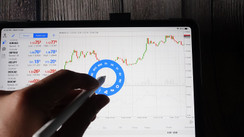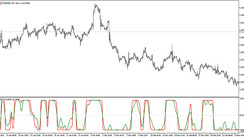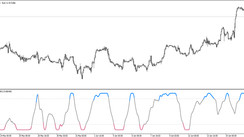The stock market is not an absolute fail-proof investment. From time to time, an unexpected event like environmental catastrophes or a sudden government crisis can affect the stock market, producing a market crash.
During a market crash, the value of stocks can decrease dangerously, and investors panic as they don’t know when it will stabilize. Traders can lose all the money they have invested through years, and companies can go bankrupt in one day.
Gold through history
Although gold today is used mostly on jewellery and decoration, it has been related to the economy for centuries. Going back through history, gold was the first material used to create coins, in search of a method to create a standardized way of trading goods.
The value of the coins was based on the weight and value of the gold piece, even when new materials started to appear to replace the gold coins. In 1792, the U.S. government implemented what is called the bimetallic standard, which means that all currency has to be backed by gold or silver.
During the 20th century, the U.S. started to make changes. Gold was no longer the key to value money, and eventually, the gold standard was completely abandoned in 1971.
Gold in today’s economy: store of value
An important characteristic of gold is that it doesn’t lose its value over time. Most countries'’ economies, if not all, are no longer based on gold, but even central banks own a fifth of the world supply of gold that has been mined through many years.
You can have pieces of gold for years, knowing that whenever you decide to sell them, you will receive a fair amount for it. It is a stable asset, compared to other investments that may lose their value over the years.
Gold against the USD
Gold and the US Dollar hold an interesting relationship, where gold benefits when the Dollar is weak. Conversely, if the Dollar is broadly rising, it tends to drag the price of Gold lower. This makes the acquisition of gold cheaper, which attracts investors from all over the world to take the opportunity to buy gold at a lower price. Thus another base is formed from which Gold starts to climb again.
Gold against the stock market
It has been proven through numerous market crashes that gold rarely goes down when it happens. Its value tends to increase, and the few occasions that the gold value decreases, it goes back up again before long.
On the other hand, stocks hardly recover from a market crash. Stocks need to have a stable economy to perform well, so a crisis has dire consequences for this asset. Gold, on the other hand, is immune in terrible circumstances, barely losing its value, and in fact, benefits in most cases.
What if you invest in gold, and the crash never comes?
There is always a risk whenever you decide to invest in any asset. You may be holding gold waiting for the market crash to start selling and live through the year with the market never crashing.
But over the long-term, that probably won’t matter. Gold won’t lose its value, so you can decide to keep it as long as you wish and need. It is a safe asset, but investing in it also depends on the kind of investor you want to be. Not having all your eggs in one nest and diversifying your investments across different assets has proven to work very well over the long-term.





